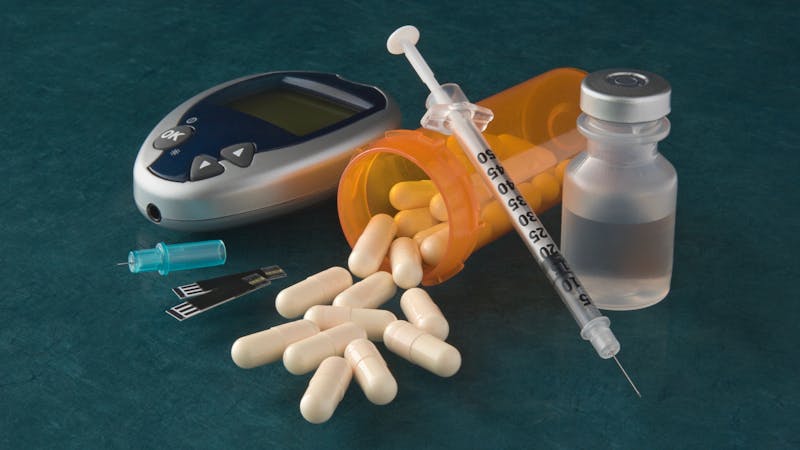New study falsely claims low carb worsens diabetes
 A new study getting headlines claims that low-carbohydrate, high-fat diets worsen diabetes.
A new study getting headlines claims that low-carbohydrate, high-fat diets worsen diabetes.
This is contrary to much of what we know from randomized controlled trials and nonrandomized intervention trials testing low-carb and ketogenic diets. Should these new results force us to question the prior studies showing LCHF is beneficial for type 2 diabetes?
Absolutely not. The new trial is an observational trial of individuals with a mean carbohydrate intake of 48%, with fat averaging 35%. The authors crunched the data and noted that for every 5% decrease in carbs or increase in fat, there was a 12-17% increased risk of diabetes.
Let’s think about that for a moment. Most reputable low-carb studies allow less than 50 grams of carbs per day, and keto diet studies typically allow less than 20 grams per day. That’s at most 10% of calories from carbs. But this study started at 48%, which would equate to about 240 grams of carbs each day!! These aren’t even on the same planet let alone in the same ball park.
In addition, when we have high-quality evidence from randomized controlled trials, systematic reviews of these trials, or even well-conducted non-randomized studies, why would we pay any attention to lower-quality observational studies? Poor data collection, healthy user bias, confounding variables and more make the observational data compromised and far less consequential than the higher quality evidence.
The answer is simple. We shouldn’t pay any attention to this study. If you want real evidence about how actual low-carb diets impacts type 2 diabetes, please see our science of low carb and keto page, and please disregard low-quality nutritional epidemiology studies.
Thanks for reading,
Bret Scher, MD FACC
Earlier
Prescribing low-carb diets for type 2 diabetes: many approaches can work
New study: Reduced-carb diet beats conventional diabetes diet
Pharmacists learn to dispense a different Rx: low-carbohydrate diets